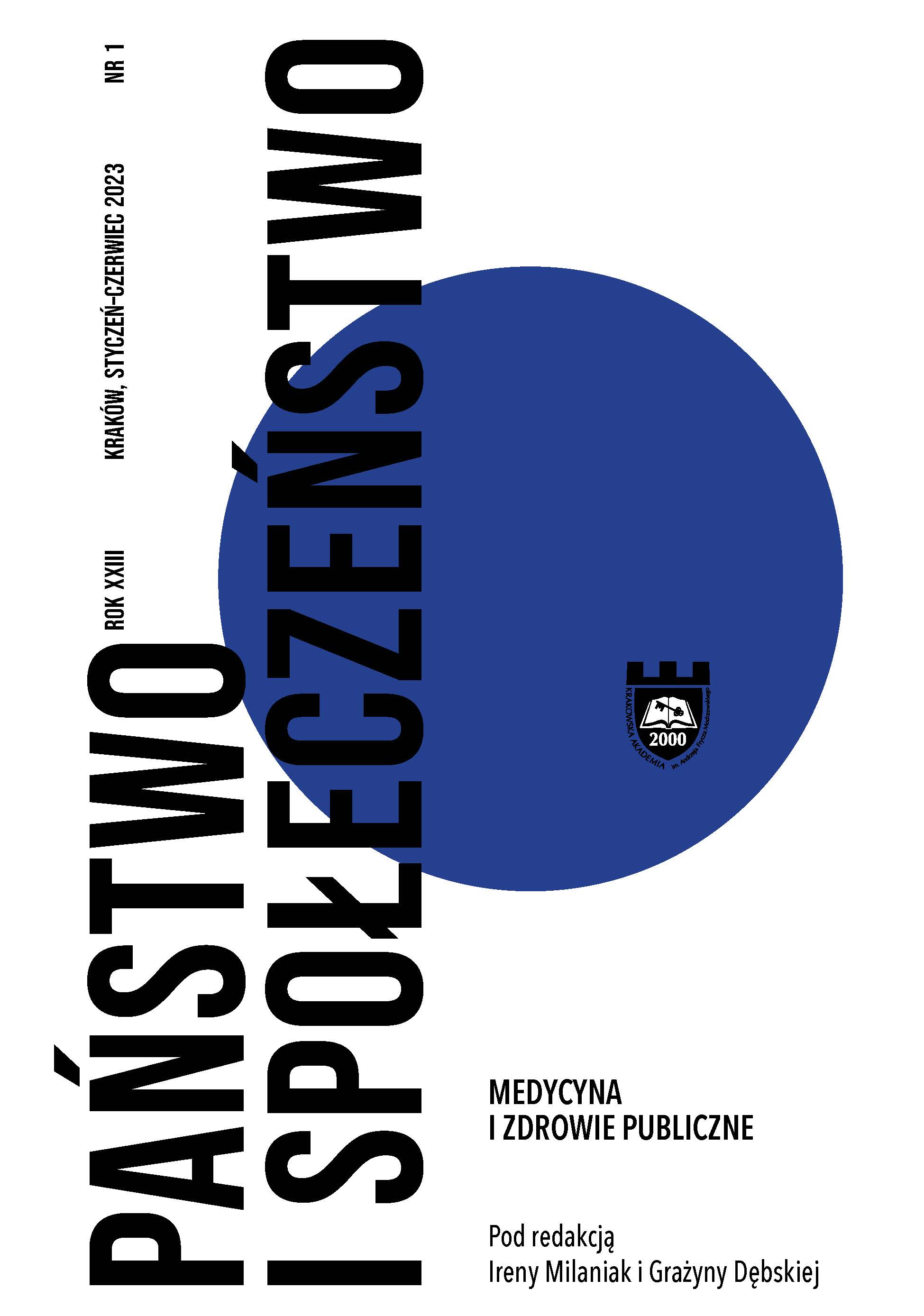Stres i wypalenie zawodowe wśród pracowników ochrony zdrowia w okresie pandemii COVID-19
Stress and burnout syndrome among health care personnel during the COVID-19 pandemic
Author(s): Joanna Golec, Monika Nowak, Mateusz Malinowsk, Elżbieta Szczygieł, Edward GolecSubject(s): Social Sciences, Sociology, Health and medicine and law
Published by: Oficyna Wydawnicza AFM Uniwersytetu Andrzeja Frycza Modrzewskiego w Krakowie
Keywords: COVID-19; SARS-CoV-2; burnout syndrome; mental health; health care workers;
Summary/Abstract: Introduction: During the COVID-19 pandemic, workload and physical and mental exhaustion became more extensive, especially among health care workers (HCWs). Material and Methods: This study involved 50 people aged 25 to 64, of whom 37 were women and 13 men. These HCWs were physiotherapists (48%), nurses (30%) and physicians (22%), all professionally active during the COVID-19 pandemic. The research was conducted between June and October 2020, using an on-line survey. The COPE, LBQ and ISI questionnaires were used. Results: Analysis of occupational burnout (LBQ) and its various aspects showed that the Deterioration of relations with clients (patients) was significantly higher among those with up to five years and between 15 and 24 years of experience than in the group with 25–35 years of experience. Sense of professional ineffectiveness and Disappointment were significantly higher (p < 0.05) in the group with the most work experience. 30% of the medical workers surveyed obtained a result indicating subliminal insomnia (ISI) and 28% – clinical insomnia. Comparison of COPE and LBQ scores showed that Psychophysical exhaustion (LBQ) correlated negatively with Religious coping (p = 0.032). Deterioration of relations with clients (patients) (LBQ) correlated negatively with such strategies (COPE) as Active coping (p = 0.048), Planning (p=0.006), Positive reinterpretation and growth (p < 0.001). Sense of professional ineffectiveness (LBQ) correlated negatively with Acceptance strategies (p = 0.017) and Behavioral disengagement (p = 0.021). Disappointment correlated positively with the Positive reinterpretation and growth strategy (p = 0.024). Conclusions: The COVID-19 pandemic had an impact on the development of burnout amongst the HCWs surveyed, especially that related to psychophysical exhaustion, a sense of lack of effectiveness and a sense of disappointment. The sleep cycle was affected. Cognitive-behavioral oriented workshops are recommended when facing burnout.
Journal: Państwo i Społeczeństwo
- Issue Year: XXIII/2023
- Issue No: 1
- Page Range: 25-45
- Page Count: 21
- Language: English

